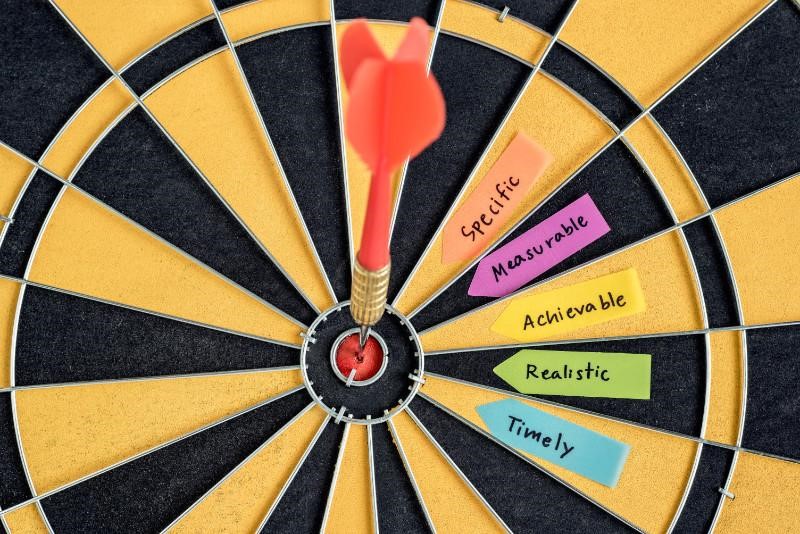Here’s another radical idea: ditch the phones and computers and read a book. Books are still one of the best sources of deep and meaningful content.
The COVID-19 lockdowns have led to people consuming digital content at staggering rates with mixed results. While some find education and wholesome entertainment, many find distractions, false information, and emotionally disturbing “news”. This has led to mental health issues, addictions, and social isolation.
Using social media and consuming content can become problematic if left unchecked and abused. But it doesn’t have to get to this stage if you become aware of the content you consume. From here, you can become more selective of the content you consume and improve your mental health overall.
Key tips to boost your content consumption habits
One word: intentional. Consuming better content means being more intentional on the content you consume. They should help you towards a goal, be it learning how to get into sports betting in Ontario, how to grow an indoor garden, or how to stay fit during lockdowns.
Improving your content consumption is a process. Just like improving a skill, you diligently work through this. Here are some tips to get started:
Review how you spend your daily time
If you want to improve your content consumption habits, you’ll first have to be aware of the type of content you consume. Ask yourself, “what do I find myself spending the most time on that isn’t work-related?”
If you need some hints, you can check which apps you use on your phone the most. You can even find what hours of the day you are on your phone longest.
If you’re on your computer, review your history. What comes up when you type on the search bar? What do you see often on your social feeds?
Keep notes and then review these when you find yourself going back to them.
Ask yourself four basic questions
Reiterating on our keyword: intentional, you need to ask yourself four main questions throughout your day:
- Does this make me feel happy or excited?
- Does this make me smarter or teach me something useful?
- Does this help me become a kinder person?
- Does this make me better at my profession or passion?
Content that does not answer any of these four questions effectively should be immediately removed. If it answers one of the four, it is good. If it answers more than one, it is high-quality content.
You will need to keep asking yourself this throughout the process. What could be good content now could be worthless in the future and what could seem meaningless now may be more useful later on.
Declutter all your devices while keeping the four questions in mind
The next step is to go through all of your devices: your phone, your smart TV, your computer, and to purge of all the things on there that could be distracting you. You’ll be your own Marie Kondo.
- On your Internet browser, remove all bookmarks you don’t use
- On your phone, delete all the apps you rarely use then disable all the notifications from non-emergency apps.
- With your email, unsubscribe from everything you ignore.
- On social media, unfollow redundant content
- On podcasts, unsubscribe to the ones you rarely use or the ones that are too similar to your favourites
- On Netflix or similar streaming services, remove everything on your list that has been there for more than a week
These are just examples on how you can start cleaning up. You don’t need to do it all in one-go. But instead, you can make a habit of unfollowing or unsubscribing as you go.
Your phone won’t keep going off to distract you and your email will mostly have only the important and quality content you need.

Ask yourself a fifth question: how can this be better?
Once you’ve reviewed, analyzed, and refined your content stream, you can take it up a notch: by finding better versions of the content you consume.
You may find yourself consuming quick read content, which are decent in their own right, but need a bit more depth. Or you may find the content you read too derivative or ordinary.
This is when you’ll need to start looking elsewhere and in places you don’t usually look. Switch social media. Instead of Facebook, use LinkedIn to find savvier articles. Ask questions on Quora or even Reddit. And last but not least, do not be afraid to purchase.
Pay for the best content
Free content can be invaluable, but usually rich content is hidden behind paywalls or needs to be purchased. There is a reason why Netflix usually produces better quality content than YouTube.
If you enjoy reading about the news but find the daily articles from social media a bit lacking, you may need to subscribe to an online magazine or a paid subscription service that goes into more detail than free sources.
Here’s another radical idea: ditch the phones and computers and read a book. Books are still one of the best sources of deep and meaningful content.
Having to pay for content will also make you value what you consume more and make you more attentive to the information you’re absorbing.


Join the conversation!